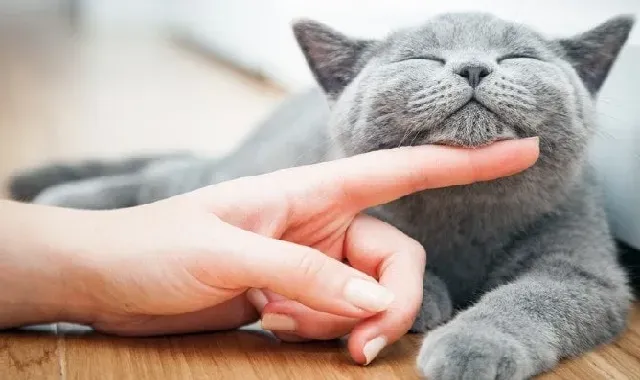Caring for the Health of Your Feline Companion
Taking care of your pet cat's health shares similarities with caring for other animals, but there are unique considerations for feline well-being. Cats are susceptible to a range of diseases that may not affect other pets. Below is a list of feline diseases that your beloved cat might encounter at some point.

Feline Distemper (Feline Panleukopenia)
Primarily affecting young kittens, feline distemper, or feline panleukopenia, is a viral infection that significantly weakens the immune system. This virus can lead to severe hemorrhaging in the small intestine, resulting in liquid stool with blood. Symptoms include fever, lethargy, and a refusal to eat or drink. Despite its misleading name, feline distemper does not alter the cat's personality. Unfortunately, recovery is rare in such cases.
Feline Infectious Peritonitis (FIP)
FIP is another potentially fatal viral infection in cats. Once symptoms manifest, the road ahead can be fraught with challenges. Common in young adult cats, this infection can be transmitted to other felines. There are two types of FIP: the "dry" type, characterized by high fever and organ issues, and the "wet" type, which involves fluid accumulation in the abdomen and chest. Vaccination is the primary defense against FIP, but it should be administered before any potential exposure to the virus for maximum effectiveness.
Feline Immune Deficiency Virus (FIV)
Similar to the Human Immunodeficiency Virus (HIV) in humans, FIV is exclusive to cats and is transmitted through bites. This virus suppresses the immune system, making the cat more susceptible to various infections. While an intranasal vaccine exists for FIV, some veterinarians question its efficacy compared to other vaccines. Prevention is crucial, and vaccines should be administered before any potential exposure to the virus.
Feline Leukemia Virus (FeLV)
A Brief Account of Feline Evolution
FeLV can significantly impair an infected cat's immune system, leaving it vulnerable to various infections. This virus spreads through contact with infected cats. Cats carrying the virus may not show symptoms for years, making them carriers. Clinical signs may appear during surgery, injury, or when they are outside their usual environment.
Understanding these diseases underscores the importance of pet cat health care to ensure that your feline friends lead longer and healthier lives. Regular veterinary check-ups and timely vaccinations play a crucial role in safeguarding your cat's well-being.
